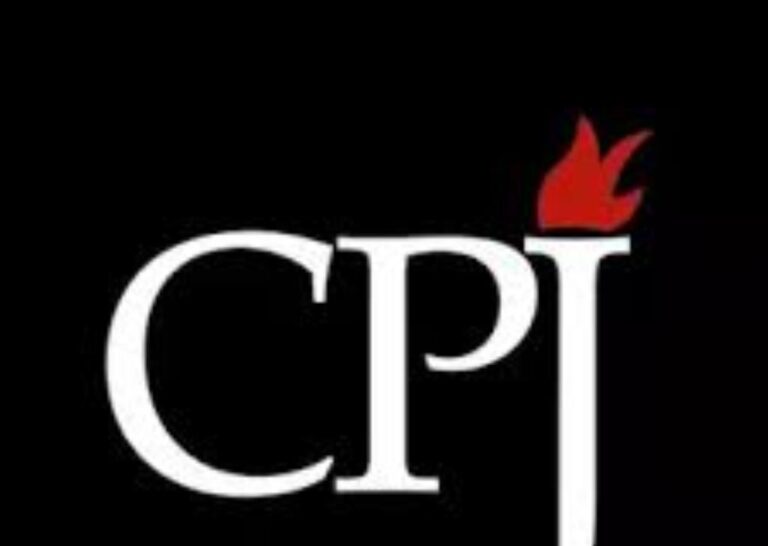The Committee to Protect Journalists (CPJ) strongly condemns the continued detention of journalists Olurotimi Olawale, Precious Eze Chukwunonso, Roland Olonishuwa, and Seun Odunlami, whose criminal charges were amended by prosecutors on October 14.
“Nigerian authorities should release journalists Olurotimi Olawale, Precious Eze Chukwunonso, Roland Olonishuwa, and Seun Odunlami, and end the deepening criminalization of the press,” said Angela Quintal, head of CPJ’s Africa Program, from New York. “Nigerian authorities’ additional charges against these four journalists emphasizes their commitment to sending a chilling message to journalists across the country.”
Olawale, an editor of the privately owned National Monitor newspaper; Chukwunonso, publisher of the privately owned News Platform website; Olonishuwa, a reporter with the privately owned Herald newspaper; and Odunlami, publisher of privately owned Newsjaunts website; were newly charged with making “false and misleading allegations” on social media with intent to “extort” and “threaten” the management of Guaranty Trust Bank, as well as causing “harm” to the bank’s reputation, according the October 14 charge sheet. The alleged crimes fall under sections 24(2)(c) and 27(1)(a) and (b) of Nigeria’s Cybercrimes Act and sections 408, 422, and 507 of Nigeria’s criminal code.
If found guilty under the criminal code, the journalists could face up to 14 years in prison for violating section 408, seven years for violating section 422, and three months for section 507.
Under the Cybercrimes Act, the journalists could face five years in prison with a fine of 15 million naira (US$9,175) for violating section 24 and seven years in prison for violating section 27.
According to the statement by the CPJ, the journalists had been jailed since late September over reporting that implicated Segun Agbaje, chief executive officer of GTBank, in alleged fraud worth 1 trillion naira (US$600 million).
It added that the journalists were charged on September 26 with violating the Cybercrimes Act, which was reformed in February but still left journalists vulnerable to prosecution.
GTBank’s chief communications officer Oyinade Adegite responded to CPJ’s phone calls for comment with text messages saying she couldn’t talk at that time and did not respond to a follow-up message asking when she would be available to discuss the journalists’ detention.
And when contacted before the charges were amended, Adegite told CPJ that the journalists’ reporting was “defamatory” and that the bank had sought to have the journalists charged with cybercrime for it.
GIK/APA


